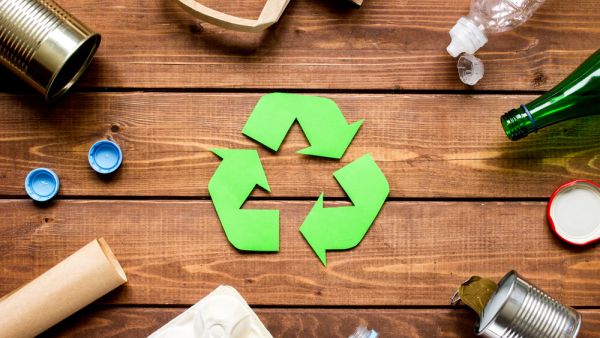He sees increased public awareness of global warming and the Kingdom’s more environmentally aware younger generation as other important factors.
“I was quite surprised that a lot of the 50-plus generation keep telling me ‘we are not in the Netherlands, we are not in Germany, we do things differently,’ but with having such a young population in Saudi Arabia, people are banging on the door to work with us because they see that ecology needs to go hand in hand with economy.”
Riyadh has already started to roll out a two-bin system of waste collection in two districts of the city and now the scheme is being rolled out through the rest of the capital and around the Kingdom.
Residents will be given two bins — a green one for recyclable and residual waste and a black one for food waste. They will be collected on alternate days.
In May, the Saudi Environment Ministry signed an agreement with the UN to boost environmental protection and safeguard natural resources in the Kingdom.
City chiefs worldwide are struggling to deal with domestic waste following moves by China and other Asian nations to stop accepting exported waste from Europe and North America.

Authorities across the world are struggling to deal with domestic waste following moves by China and other Asian nations to stop accepting exported waste from Europe and North America. (Shutterstock)
Highlights
Riyadh produces more than 3.4 million tons of waste each year.
Civic authorities plan to recycle 81 percent of the waste produced annually in the capital city.
5 million tons of construction and demolition waste is produced in the Saudi capital.







